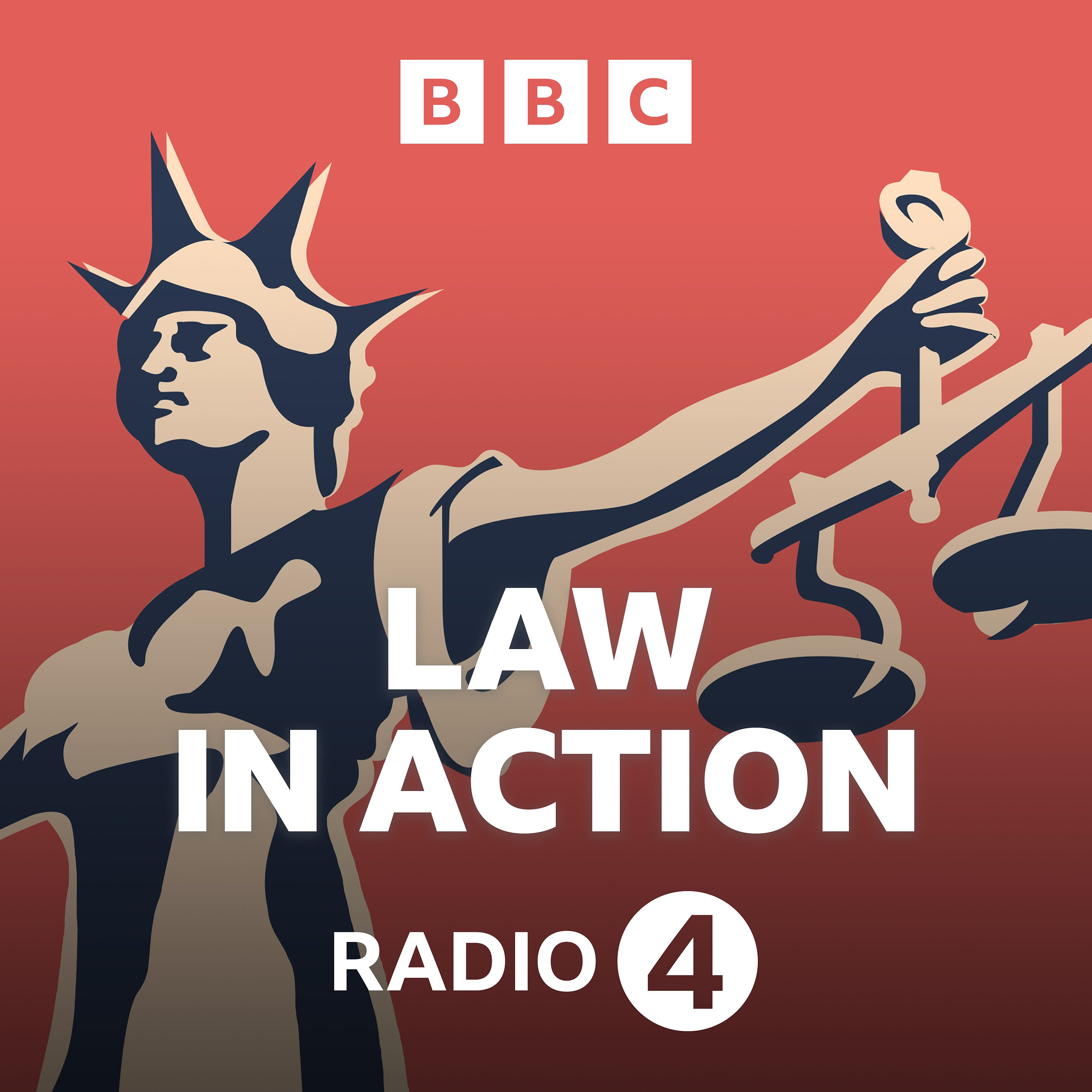- Other
- SEE MORE
- classical
- general
- talk
- News
- Family
- Bürgerfunk
- pop
- Islam
- soul
- jazz
- Comedy
- humor
- wissenschaft
- opera
- baroque
- gesellschaft
- theater
- Local
- alternative
- electro
- rock
- rap
- lifestyle
- Music
- como
- RNE
- ballads
- greek
- Buddhism
- deportes
- christian
- Technology
- piano
- djs
- Dance
- dutch
- flamenco
- social
- hope
- christian rock
- academia
- afrique
- Business
- musique
- ελληνική-μουσική
- religion
- World radio
- Zarzuela
- travel
- World
- NFL
- media
- Art
- public
- Sports
- Gospel
- st.
- baptist
- Leisure
- Kids & Family
- musical
- club
- Culture
- Health & Fitness
- True Crime
- Fiction
- children
- Society & Culture
- TV & Film
- gold
- kunst
- música
- gay
- Natural
- a
- francais
- bach
- economics
- kultur
- evangelical
- tech
- Opinion
- Government
- gaming
- College
- technik
- History
- Jesus
- Health
- movies
- radio
- services
- Church
- podcast
- Education
- international
- Transportation
- kids
- podcasts
- philadelphia
- Noticias
- love
- sport
- Salud
- film
- and
- 4chan
- Disco
- Stories
- fashion
- Arts
- interviews
- hardstyle
- entertainment
- humour
- medieval
- literature
- alma
- Cultura
- video
- TV
- Science
- en
Reforming Judicial Review

b'
Judicial Review is a mechanism to check the legality of decisions or actions by public bodies such as the government or parliament. But has this turned into "politics by another means"? The government commissioned Lord Faulks and a panel of experts to examine this question, and to make recommendations for reform. The report was published last week. But does the government now want to go much further than the recommendations in the report?
Should there be legal aid for bereaved families whose relative died in the care of the state, such as in prison, a police cell or in a mental health in-patient setting? These deaths trigger "Article 2 inquests", referring to the right to life, protected under the European Convention on Human Rights. The coroner will want to find out what went wrong, so it doesn\'t happen again. The state has legal representation to defend itself, but the families often can\'t afford the specialist lawyers that, campaigners argue, are required for a level playing field.
Family breakdown can mean former partners end up in court to try and resolve disputes. This can be time-consuming, with long delays, and be very costly. Could family arbitration be the solution? We eavesdrop on a mock arbitration to find out how it works. And how much cheaper are they really?
Which UK elections can EU citizens vote in, and in what parts of the country? The answer is surprisingly complex for the votes in May - and will become more so in future elections.
Details of organisations offering information and support with bereavement are available at bbc.co.uk/actionline, or you can call for free, at any time to hear recorded information on 08000 158 707.
Presenter: Joshua Rozenberg\\nProducer: Arlene Gregorius\\nResearcher: Diane Richardson
(Image: Lord Faulks. Credit: UK Parliament)
'